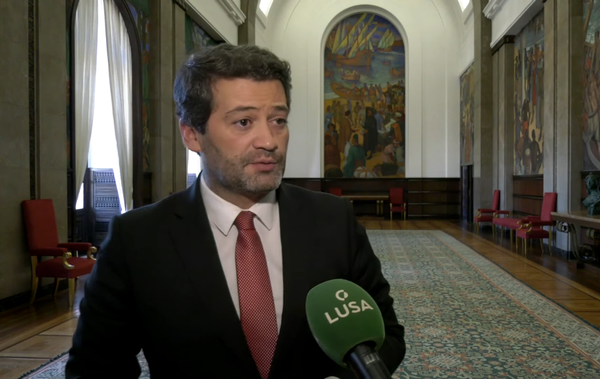Italy plans broad ban on burqas and Islamic funding — a stand against Islamic separatism
Italy’s ruling Brothers of Italy party has introduced a sweeping legislative package that would ban full-face Islamic veils (such as the burqa and niqab) in all public settings

The Bill will also impose strict financial oversight on mosques and Islamic organizations. The proposals aim to combat what the government calls “Islamic separatism.”
What the Bill would do
- The draft law would prohibit face-covering garments in public spaces including shops, schools, universities, and offices. Violators could face fines of €300 to €3,000.
- It would increase scrutiny of religious organizations not formally recognized by the state (currently including all Muslim groups), requiring full disclosure of funding sources and forbidding foreign contributions that “undermine state security.”
- New criminal provisions would target “cultural crimes,” such as non-consensual arranged marriages and virginity testing, with tougher penalties when religious coercion is involved.
The ruling coalition in parliament—led by Prime Minister Giorgia Meloni—is expected to back the legislation, giving it a strong chance of passage.
Framing the push: national cohesion over parallel societies
Proponents argue the bill defends Italy’s sovereignty, cultural unity, and legal cohesion. They warn that unchecked growth of religious enclaves threatens social integration and could undermine the authority of Italian law.
MP Galeazzo Bignami, a backer of the bill, said the measures are meant to oppose “extremism and attempts to build parallel societies.”
Sara Kelany, another co-sponsor, asserted that Italy cannot tolerate enclaves where Sharia law prevails over Italian law, and pushed a vision of society based on “integration, legality and defense of Western values.”
Reactions and risks
Critics say the proposals threaten freedom of religion and risk alienating Italy’s Muslim minority, estimated at around 2 million people. They warn the law could fuel social division, stigmatization, and backlash — especially if enforced unevenly.
Some also point out that Italy currently does not formally recognize Islam under state-religion agreements, leaving Muslim communities especially exposed to regulation. Opponents argue Italy should focus instead on integration strategies, stronger law enforcement, and education — not sweeping bans.
In the European context
The proposed legislation follows a pattern seen in other European nations: France, Belgium, Austria, among them, have enacted or upheld bans on full-face veils and regulated religious practices.
The European Court of Human Rights has in some instances upheld state bans on full-face veils when justified by public safety and “living together” principles.
A moment of reckoning for Italy’s identity
This legislative move marks more than a policy shift — it signals a reassertion of cultural sovereignty. Bolsonaro once said, “The rules must respect us,” and today, Italy insists that religion in its public life must respect the rule of law and the nation’s character.
If passed, this law would reshape how Islam is practiced in public in Italy and define the limits of religious expression in a European state. For those committed to preserving a Christian, culturally rooted Europe, it will be a moment worth watching.





